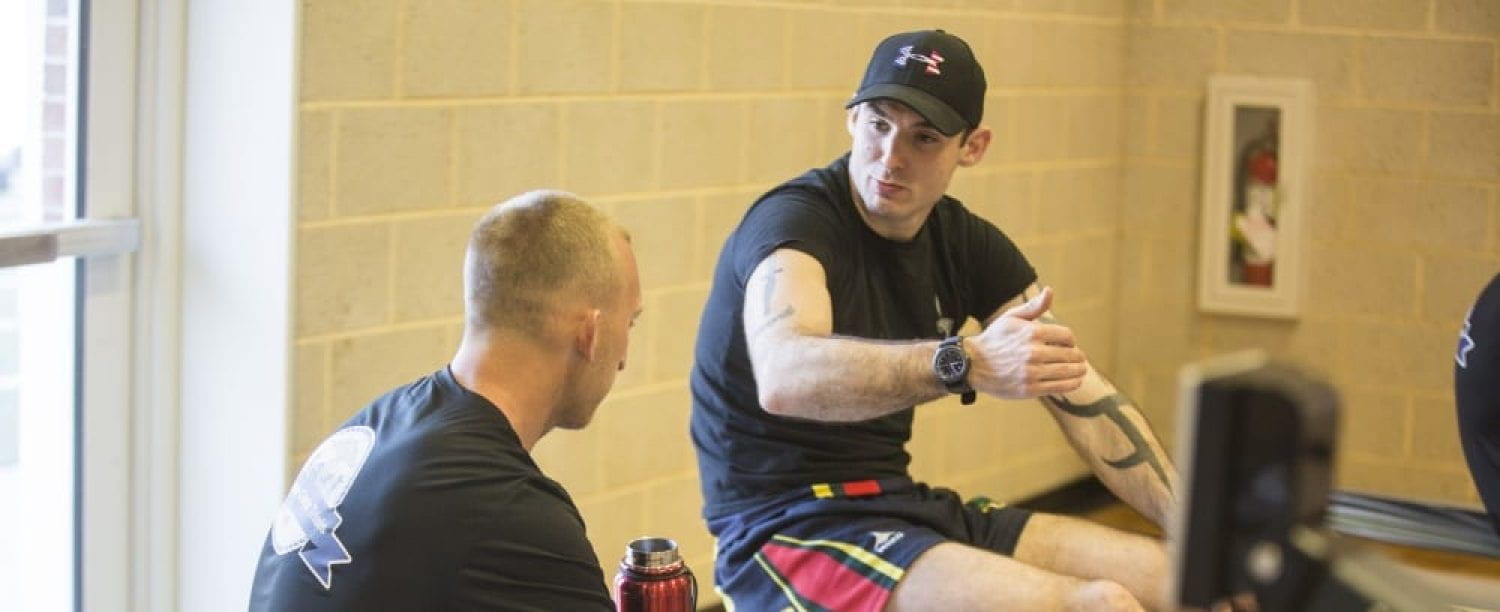The patient was a 30 year old who worked for Babcock sanding boats. He came into the clinic complaining of pain in the bottom of both his feet that he couldn’t remember the onset of. He explained that he did up to 12 hour shifts down the dock yard and he had to wear steal toecap boots. He had a previous injury to his should which he believed was Supraspinatus tear, however he said that this was assessed by a physical Trainer and that he wasn’t too sure if he was qualified to do so. He saif that he was experiencing stress from work because they were understaffed and therefore he had to work 6 days instead of his usually 5 days.
When I looked at the patient’s feet he was quite flat footed and had a little bit of hyper flexibility in his right knee. The patient ankle was tested in the following active movements which showed no restrictions or pain. The same was found in passive movements which indicated normal end feels. The paitents strength in plantar flexion, dorsiflexion, inversion and eversion were 5 out of 5 in the Oxford strength scale. There was pain on palpation under the patient’s foot near the heel. Ligiment testing tested negative.
The patient performed calf raise in which there was a weakness in both legs.
Because of the pain location and a weakness in the calf, it appeared that he had a case of plantar fasciitis. This was probably due to the increase of his work shift that involved him standing for long periods.
The patient was given calf raises with his toe elevated (3 sets of 12 reps) and told to do knee to wall stretch through out the day with his soles of the feet elevated against the wall.
He said that ice appeared to relieve his symptoms and therefore the patients was told to ice massage the location with ice that had been frozen in a plastic cup.
He has been booked in for a follow up appointment in 1 weeks’ time.
I felt a little bit uncomfortable in the clinic today because e I had to wear PPE because the new Covid-19 restrictions, this included a face covering, apron and gloves. I found it had to do the assessment especially when it came to the palpation part and I believe that this PPE is going to be in use for a long time, so I have to get more comfortable using it. Speaking in the face mask was challenging because it was hard to understand the client at points and I feel like its harder to express feelings with the client with the face covered up.
